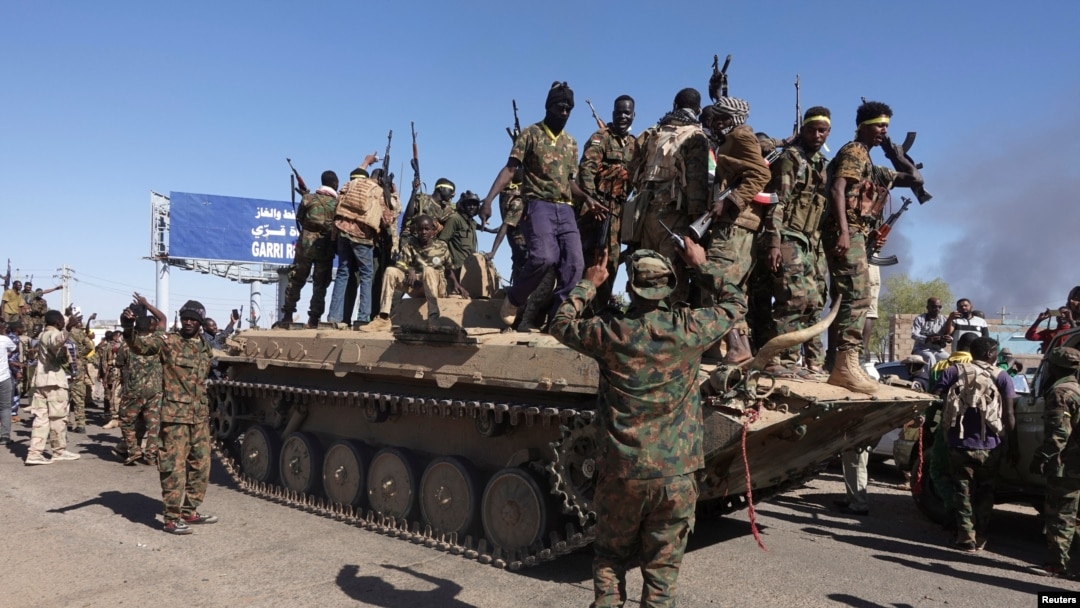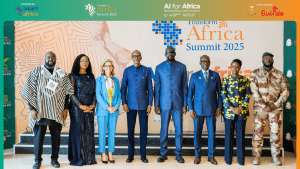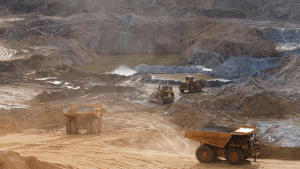Senegal and France seek diplomatic reset after French troops exit
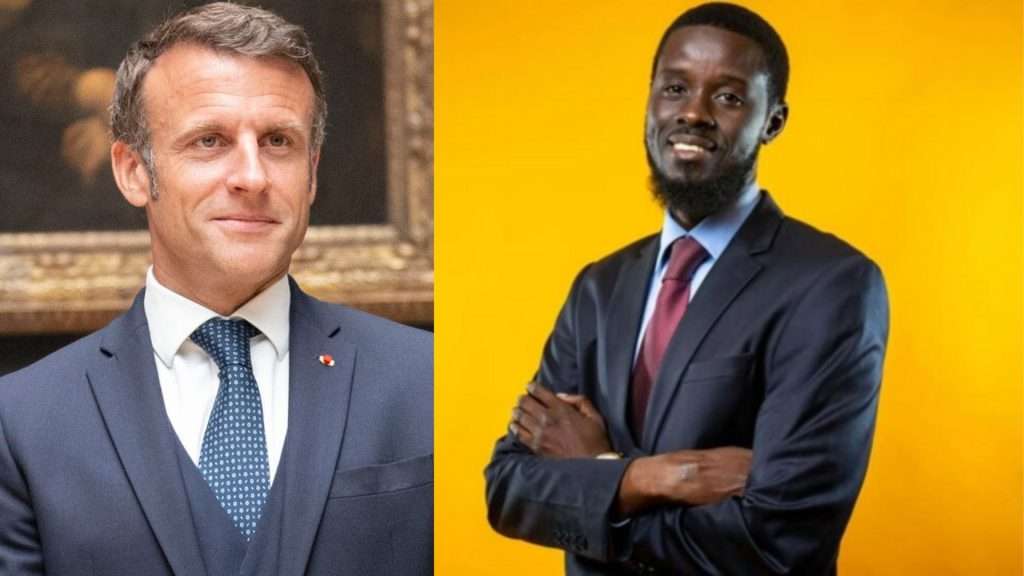
xr:d:DAGAlVLBtJg:2,j:3438921169057633041,t:24032605
While the last of France’s troops left Senegal in July, ties between the two remain shaped by their colonial past.
On August 27, Senegalese President Bassirou Diomaye Faye arrived at the Élysée Palace in Paris, where he was welcomed by France’s Macron. The talks, held over breakfast, came just weeks after France closed its final military bases in Senegal, ending more than six decades of permanent presence by the former colonial power, according to Africa News.
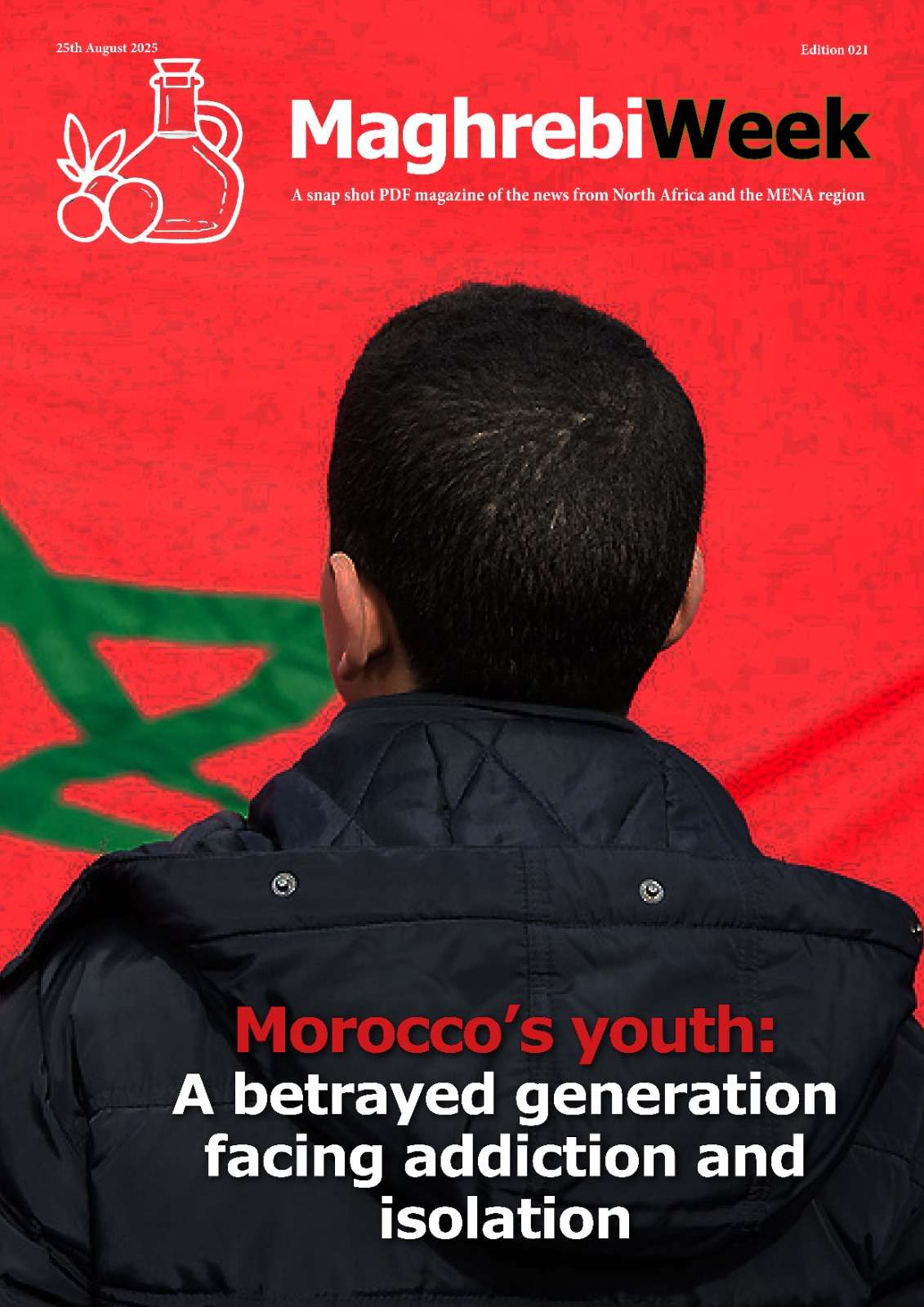
France’s rule in Senegal, which lasted from the mid-19th century until independence in 1960, was marked by repression and exploitation. The most infamous atrocity was the Thiaroye massacre of 1944, when French troops opened fire on West African soldiers, many of whom were Senegalese, who had fought for France in World War II and were demanding back pay and recognition.
However, even after independence, France maintained troops in Senegal continuously from independence up until their closure in July 2025.
Faye, who called for the withdrawal after his 2024 election victory, had campaigned on radical change at home. He promised greater self-sufficiency and insisted Senegal would treat France like any other foreign partner.
The meeting was hailed by authorities as a historical reset between the two countries, with historical wounds, economic tensions, and new partnerships on top of the agenda.
Dakar’s most pressing and symbolic demand is an apology for colonial atrocities, especially the 1944 massacre of Senegalese soldiers by French troops. It has long tried to access the archives to bring attention to the actual scale of the killings.
Both governments have emphasized that they are keen to underline areas of cooperation, form. from sustainable development to education and healthcare, while also addressing regional and global crises. Later in the day, Faye was expected to attend a gathering of France’s top business leaders hosted by MEDEF, the country’s largest employers’ organisation.
Africa News/ BBC/ Maghrebi
Want to chase the pulse of North Africa?
Subscribe to receive our FREE weekly PDF magazine






